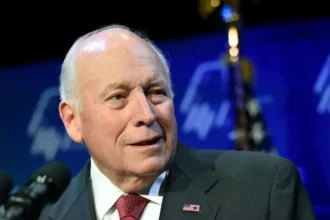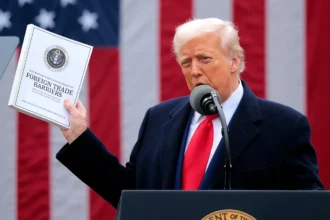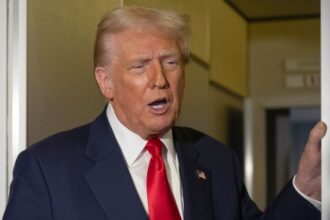- Mali’s military government announces complete dissolution of all political parties.
- Follows earlier suspension of political activities in April 2024.
- Protesters in Bamako demand a return to multi-party democracy.
- National conference recommends Assimi Goita remain in power for five more years.
Mali’s military government has officially announced the complete dissolution of all political parties. This latest action is seen as a firm step back from democratic norms and comes just weeks after a controversial proposal triggered outrage across the nation.
The ruling junta, led by Colonel Assimi Goita, cited public order concerns as the rationale behind the decision. This follows a previous decree issued in April 2024 that suspended all political activities. Though that ban was temporarily lifted in July, this new announcement signals a definitive shift towards authoritarianism.
The dissolution comes on the heels of massive protests held on May 3rd and 4th in the capital, Bamako. Hundreds of demonstrators marched through the streets with placards, demanding the reinstatement of multi-party democracy. Chants like “Down with dictatorship, long live democracy” echoed through the city, reflecting the public’s growing frustration.
The decision is linked to a national political conference held recently, where delegates controversially recommended extending Goita’s presidency for another five years. Critics view this as a direct attempt to consolidate power and silence opposition voices.
Mali has experienced deep political instability since August 2020, following a military coup that ousted the civilian government. It was part of a broader trend across West and Central Africa, where several nations, including Burkina Faso and Niger, have experienced similar military takeovers.
Initially, under pressure from international actors and the United Nations, Mali’s junta agreed to transfer power to a civilian-led interim administration, which was tasked with overseeing a return to democratic governance by February 2022. However, those promises have largely gone unfulfilled.
Human rights organizations are sounding the alarm after reports emerged that at least three opposition politicians have gone missing in recent days. These suspected abductions have raised serious concerns about political repression and the personal safety of those who dare to dissent.
Party officials claim the disappearances are part of a broader strategy by the military government to dismantle political opposition and maintain firm control of the country’s leadership.
As the junta continues to postpone the long-promised transition to democracy, the international community watches closely. Calls are growing louder for the restoration of civil liberties, free political association, and the return of democratic governance in Mali.












